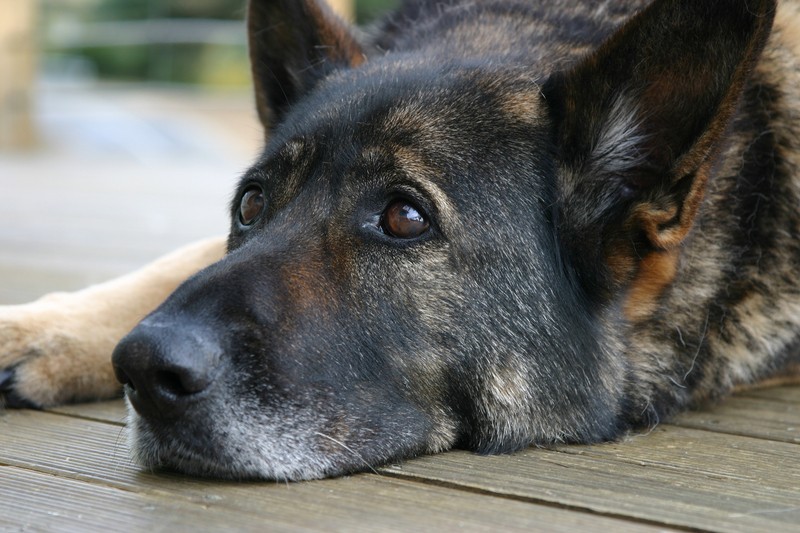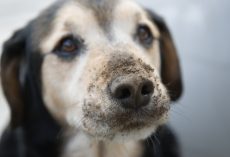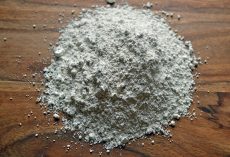It's an understandable mistake to ignore certain changes when your dog enters their “senior-stage.” However, it's important to be on the lookout for symptoms of typical age-related diseases. Here is a quick list:
#1 – Slowing Down
Slowing down can be a sign of early arthritis, thyroid issues, etc.
#2 – Gaining Weight
This can be a sign of many things such as a slowing metabolism, thyroid issues, etc.
#3 –Not Responding To You
He may be losing his hearing. Time to brush up on those hand signals!
#4 – Trouble Getting Up
This can be another sign of joint pain.
#5 – Cloudy Eyes
Definitely go to the vet if you notice any cloudiness.
#6 – More Bathroom Breaks
You may need to up your number of potty breaks throughout the day or leave pee pads out when you leave.
#7 – Continued Bathroom Accidents
She may be having trouble holding “it.” Take her to the vet to make sure nothing is wrong medically.
#8 – Lumps
A dog owner’s worst fear – lumps. You should be feeling your dog from lumps frequently.
#9 – Deteriorating Coat Condition
Dry coat, itchy, flaky, hot spots, hair loss, etc. – these are all indications that something is going on with your aging dog.
#10 – Slow To Do Something
These are signs that his body is getting older…
#11 – Bad Breath
Dogs as young as three develop this and it’s usually a sign of dental disease. The longer the teeth are allowed to decay the worse it will be for your dog and your pocketbook.
You can adapt to many of these changes. However, the onset of age related disease takes a bit more, like vet visits and medication. Hearing may not be as sharp as it once was. Their fur may start to thin. They might even take a little longer to get up. It is also perfectly normal for an older dog to sleep more than they used to and to tire more quickly when playing. In healthy dogs, these changes occur slowly, over time, at a gradual pace that you probably won’t even notice. So with that in mind, it's important that dogs have an annual checkup or “wellness” visit with their vet.
To learn more details about symptoms and signs to look for, check our the complete article at I Heart Dogs.










